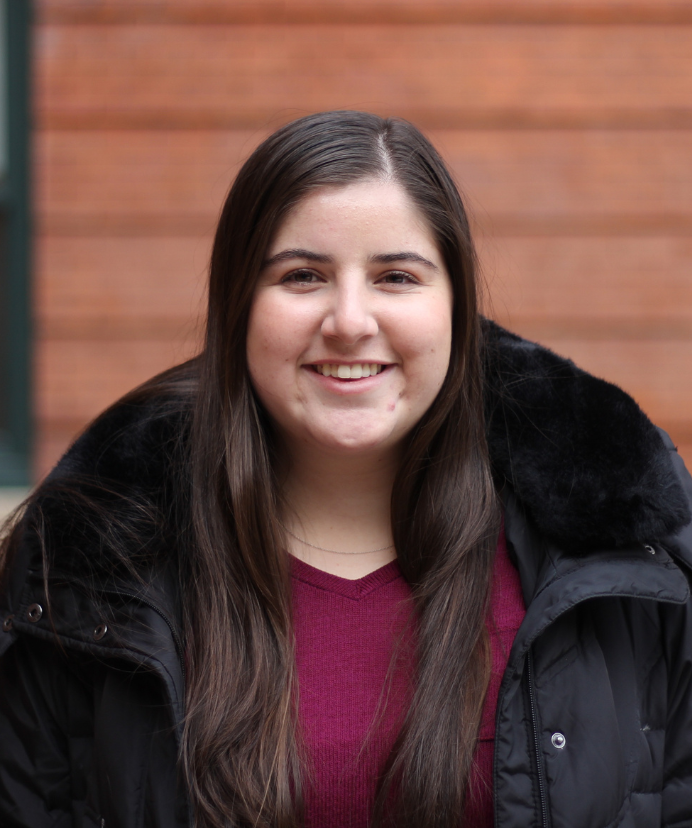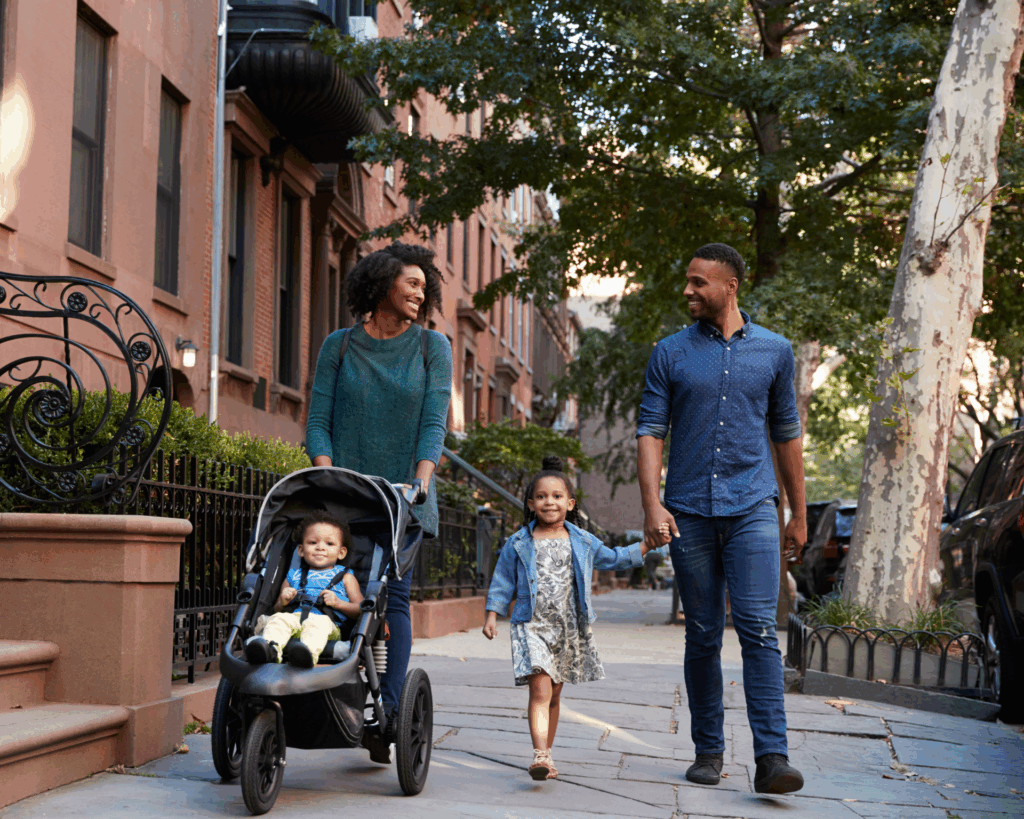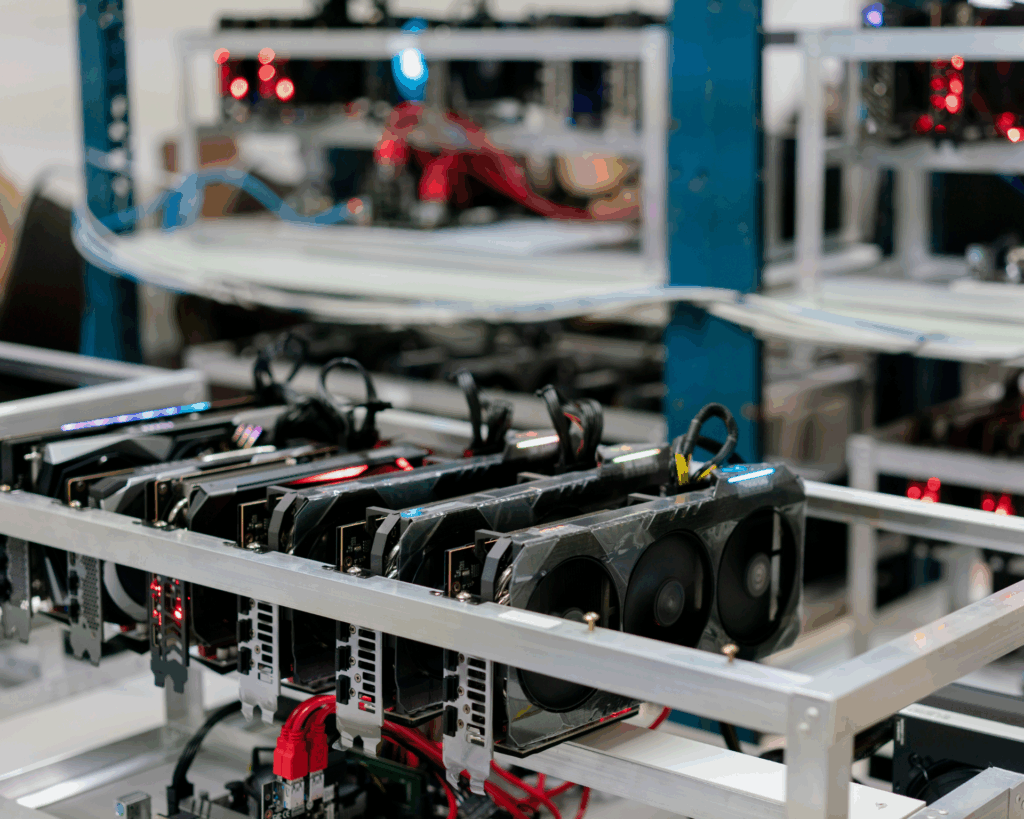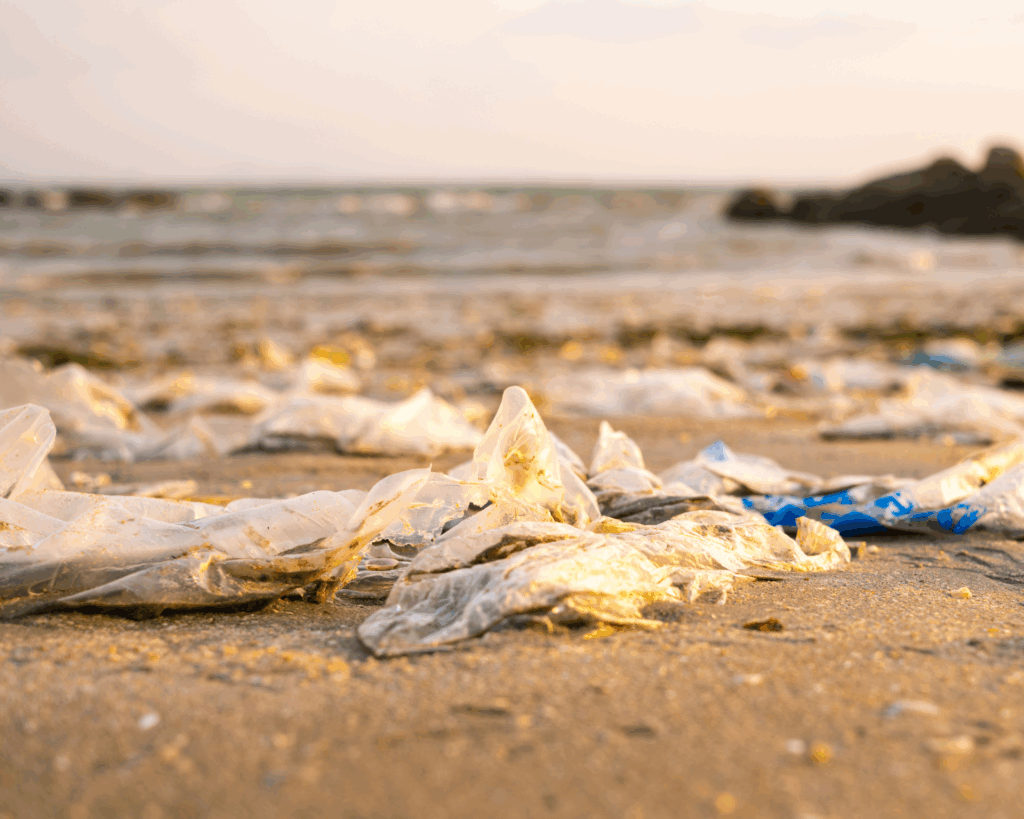Navigating Climate Anxiety Through Action
Climate anxiety affects young people worldwide, particularly those living where the consequences of climate change are more pronounced.

Read Time: 2 minutes
Published:
I was 10 when I learned about climate change during a PowerPoint presentation at school showing the dangers of an imminent water crisis. I had nightmares for days. I didn’t know until recently that there is a name for the despair I felt: climate anxiety.
The term climate anxiety, or eco-anxiety, is experienced as a complex blend of fear, guilt, shame, grief, and despair which can exacerbate other mental health conditions. Anybody can experience climate anxiety, but people under age 25 are at greatest risk and will bear the future burden of more extreme weather events and sea levels rising. For many, climate change has become a source of chronic stress.
Caroline Hickman and colleagues surveyed 10,000 young people aged 16-25 from 10 countries about their emotions around climate change.
Sixty percent felt “worried” or “extremely worried” about climate change, and 45% reported that negative feelings associated with climate change affected their everyday lives. Climate anxiety was particularly severe among young people who believed that their governments were currently not acting to address the crisis.
Study participants living in places where the consequences of climate change shape daily life, such as the Philippines, Brazil, and India, reported more severe anxiety. Those living in places like the United Kingdom and the United States where impacts of climate change are less severe reported lower levels of anxiety.
The authors state their own distress over the severity of climate anxiety among youth: “As a research team, we were disturbed by the scale of emotional and psychological effects of climate change upon the children of the world, and the number who reported feeling hopeless and frightened about the future of humanity.”
I do not regret watching that PowerPoint presentation when I was 10. It opened my eyes. But I do wish that someone had told me what climate anxiety was, that it is common, rational, and legitimate. Also, that we can still stop it from happening and can reduce our feelings of hopelessness and despair and foster hope through collective action and activism.
Databyte via Caroline Hickman, Elizabeth Marks, Panu Pihkala, Susan Clayton, R Eric Lewandowski, Elouise E Mayall, et al. Climate anxiety in children and young people and their beliefs about government responses to climate change: a global survey. The Lancet Planetary Health, 2021.



